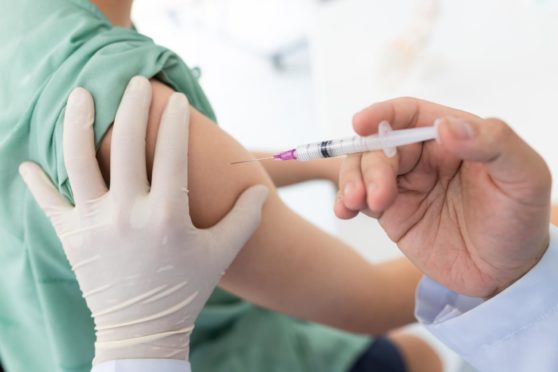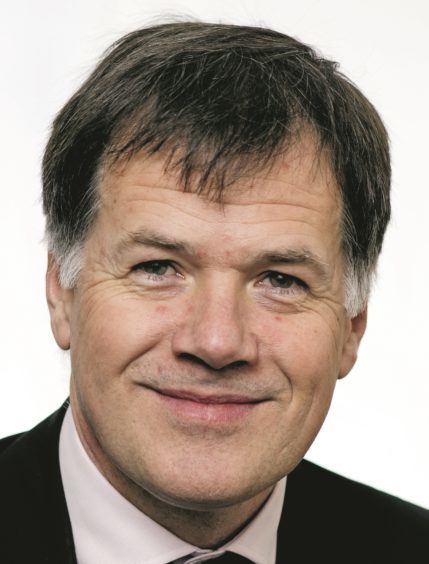This week has brought welcome news of progress in the development of a Covid-19 vaccine.
As this pandemic continues, we have become resigned to the fact it will not simply peter out and we must continue to learn to live with the social restrictions it has necessitated.
The discovery of an effective vaccine has been the one hope we’ve been clinging to for a pathway out of this nightmare. General practice stands ready and willing to deliver this “Jab of Hope”, though I’d be fibbing if I said we weren’t somewhat daunted by the prospect.
An effective Covid vaccine would be a game-changer in many ways, not simply in the removal of the threat of this dreadful disease. Emergency hospital admissions would drop if the most vulnerable patients were protected from infection, or if the most severe forms of the illness were prevented.
The ever-problematic NHS waiting lists could begin to be tackled more quickly if both staff and patients were vaccinated. The frail, elderly residents of care homes could once again have unrestricted visiting from their loved ones. Students could safely attend school and college.
Could we even eventually get to the stage where levels of vaccination are so widespread that we all benefit from a realistic herd immunity, where virus transmission is reduced sufficiently that life really can go back to normal? News of the vaccine has meant that we may all dare to hope.
As a GP, I expect we will be in the thick of any vaccination campaign, organising the clinics and fielding patients’ queries. It will be a monumental undertaking, but I can hear you shouting: “Stop moaning and get on with it! Surely vaccinations will be easier than trying to treat a mass coronavirus outbreak?”
Well, yes, of course, but we still need to make plans for hundreds of extra clinics for thousands of extra patients and our time and resources are, regrettably, finite.
However, we’ve proved we can do it. Even in the midst of this pandemic, Highland GPs succeeded in giving the flu vaccine to almost 70% of people aged over 75 by the first week in November.
Delivering the Covid vaccine will be a far larger campaign which will entail diverting our staff from other essential work that does not stop, or drafting in staff from other areas.
For the flu vaccine campaign we were able to use Dingwall Academy’s main hall during the October break, which worked well as the building was large enough to have people queueing indoors out of the cold and its spacious corridors coped with the high throughput while maintaining safe distancing. I suspect we will need further offers of similarly spacious premises for the Covid campaign.
Like everyone, GPs are anxiously awaiting more details about what’s going to happen. How will it be prioritised?
We don’t know yet. I’m sure those most at risk will be called first but then what about healthcare workers and home care staff? And students?
Yes, they’re mostly young and healthy, but if we were to vaccinate them early so that they may travel safely home for Christmas, surely that would reduce community incidence and the spread of infection?
Older, frail patients are often easier to shield and so are at less risk of catching the virus, but they are at far higher risk if they actually do.
Shop workers, key workers, police officers, bus drivers, hospitality workers – all of these people and many more have put themselves in harm’s way on our behalf so surely they deserve vaccination at the earliest possible opportunity?
What to do for the best? Particularly when it’s borne in mind that there may well be small risks to health from the vaccination itself that we are yet to find out about.
We don’t yet know how different, or difficult, the new vaccine may prove to administer.
I was concerned to hear that it needs to be stored at much lower temperatures than our fridges can manage and the difficulty in transporting vaccines at low temperatures to remote places should not be underestimated.
But this vaccine must be seen as good news and we are delighted to hear that it seems to be proving as effective as it is.
On the other hand, life is unlikely to return to normal any time soon. This will be a complicated process with many hurdles yet to be overcome. But yet again, we in general practice consider ourselves fortunate to be involved with this ground-breaking and worthwhile work.
Dr Miles Mack is a GP in the Highlands and the former chairman of the Royal College of General Practitioners Scotland

